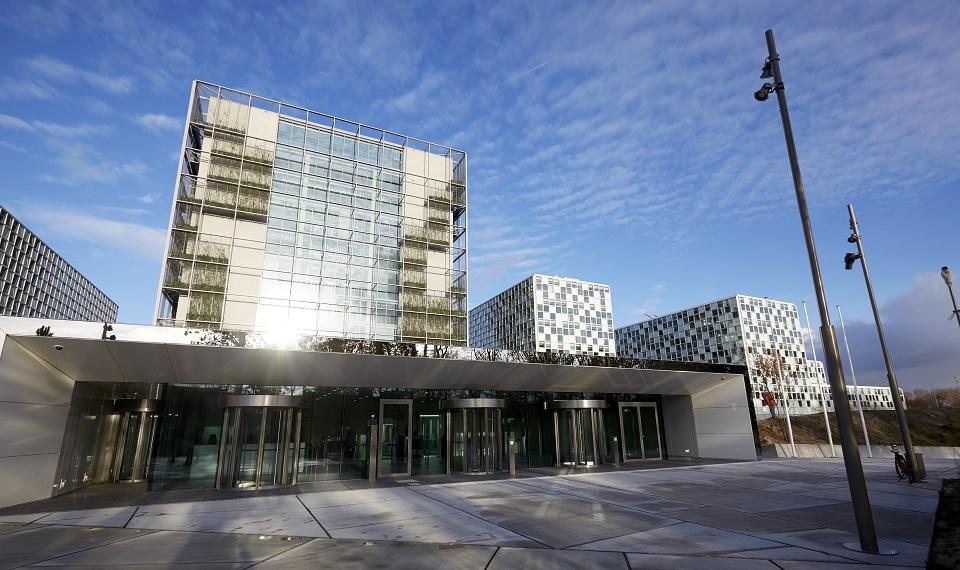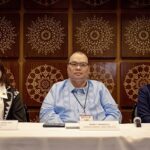A total of 303 drug war victims sought to participate in the pre-trial proceedings against former President Rodrigo Duterte before the International Criminal Court (ICC), a court document showed.
„The VPRS (Victims Participation and Reparations Section) received 303 application forms—a limited figure compared to the number of WoD victims who wish to participate in the Case,“ the public redacted version dated Aug. 20 read.
The report was classified as „confidential ex parte Registry only,“ as it contains sensitive information.
The victims and their representatives are clustered into Groups A, B, and C.
They were asked to submit their application by Aug. 3 to meet the Aug. 20 (A and B) and 27 (C) deadline set by the Pre-Trial Chamber I for transmission from the Registry.
The VPRS verified that the applicants have met the following criteria:
i. Their identity as natural persons is established;
ii. They suffered harm;
iii. The harm suffered is the result of crimes Mr Duterte is charged with
Their identities were verified through their government-issued IDs such as voter’s ID, Department of Social Welfare and Development-issued cards, and barangay employment ID, to which some were supported by affidavits certified by a lawyer from the Public Attorney’s Office.
The VPRS also included a small selection of quotes from the Group C applications that are not being transmitted, to ensure their narratives are conveyed to the Judges.
The former president was charged by local authorities on March 11 on charges of crimes against humanity for his deadly war on drugs when he was mayor of Davao City and when he was president of the Philippines.
He is currently detained at the Scheveningen Prison in The Hague.
Duterte first appeared via video link on March 14. The court read to him the charges filed against him and informed him of his rights under the Rome Statute.
A court spokesperson earlier said the hearing on the confirmation of charges against Duterte for alleged murder as a crime against humanity could only proceed after the pre-trial.
„The prosecutor will be presenting certain amount of evidence on which he intends to rely for the purpose of the confirmation of the charges and in which the defense can actually be presenting counter evidence, and also the lawyers presenting the victims will be able to make their observations,“ the spokesperson said.
Both the prosecution and the defense could present witnesses and they could undergo cross-examination. Hence, Duterte could possibly face the witnesses during the hearing scheduled on September 23, 2025.
„Not all witnesses are victims. Actually most of the witnesses are not victims. And not all the victims are witnesses. Actually a very limited number of victims would be called to be a witness and normally, most of the victims will be represented by a lawyer,“ the spokesperson said.
„In very few instances, the judges allowed one or two of the victims to come in person and tell their stories, but they are not there to accuse someone. They are there to present their point of view their observations and their stories to the judges,“ he added. „The accusation is done by the prosecutor and the witnesses are called by the parties, either the prosecution or the defense.“
It is during the hearing that the pre-trial chamber judges will decide whether to dismiss the case or refer it for trial.
Government records showed that there were over 6,000 drug suspects killed in police operations during the previous administration’s drug war. Human rights organizations, however, said that the death toll may have reached 30,000 due to unreported incidents.






